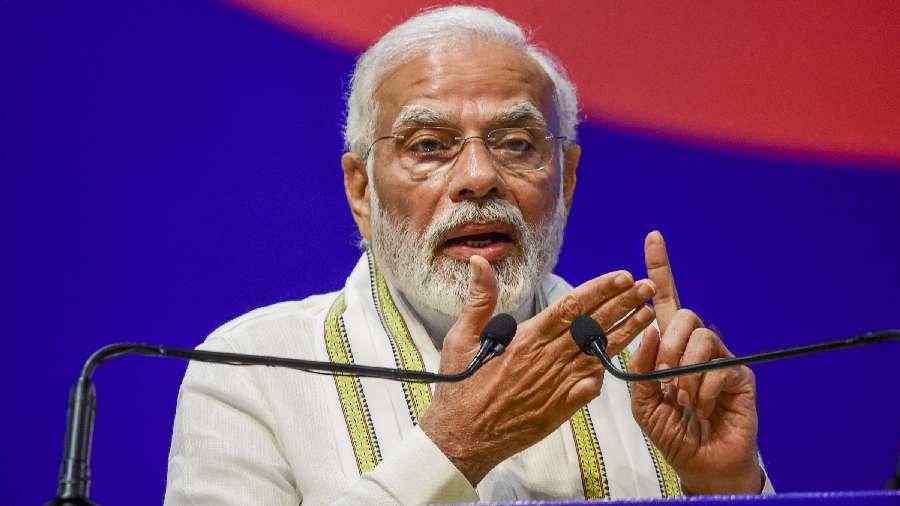The unprecedented public protests against the Centre’s Agnipath scheme — a Bharat bandh was observed — have forced the Narendra Modi government to blow hot and cold on the matter. The oracle — Prime Minister Narendra Modi — has, characteristically, spoken euphemistically, remarking that some measures that would eventually help in nation-building may appear unpalatable initially. His government and the military establishment have, meanwhile, talked tough, ruling out a roll-back of the scheme and warning that protesters — the nation’s youth — may be barred from recruitment. There have been insensitive remarks: a Union minister apparently said that Agniveers would be trained for such menial roles as washerman and drivers. Earlier, unnerved by the backlash, the government had announced a number of concessions. The regime has since stoutly denied that the relief was an afterthought: they, apparently, were pre-planned.
The absence of planning and cohesion are integral to Mr Modi’s policy regime. Be it the land acquisition bill and, later, the farm laws, it is typical of Mr Modi to periodically announce radical reform and, after being singed by adverse reaction, sound the retreat. If the protest against military reforms coalesces into a larger mobilization that threatens the Bharatiya Janata Party in political terms, Agnipath may well go the farm-laws’ way. There is then a case for the agitating youth to contemplate giving their protest a sustainable, peaceful dimension. Joining hands with constituencies ignored by the reach of welfare — farmers, labour and so on — could prove to be a watershed moment. After all, economic distress and unemployment — Mr Modi’s Achilles’ heel — are unlikely to disappear. Such civic rumblings cannot be ruled out in the future. This is because of this government’s propensity for unilateralism in policy-making. It does not believe in wider consultations with stakeholders, including the people and the Opposition. This may be a pitfall of its brutal electoral mandate: but the BJP should be careful of taking the goodwill for granted. There is an additional concern. The consequences of these disturbances may transcend the domestic domain. Over the years, India’s international reputation has rested on its claim of being a stable, peaceful democracy. That legacy now lies in tatters: India, under Mr Modi, burns quite often. These fires do not augur well for the nation’s social or economic well-being.











